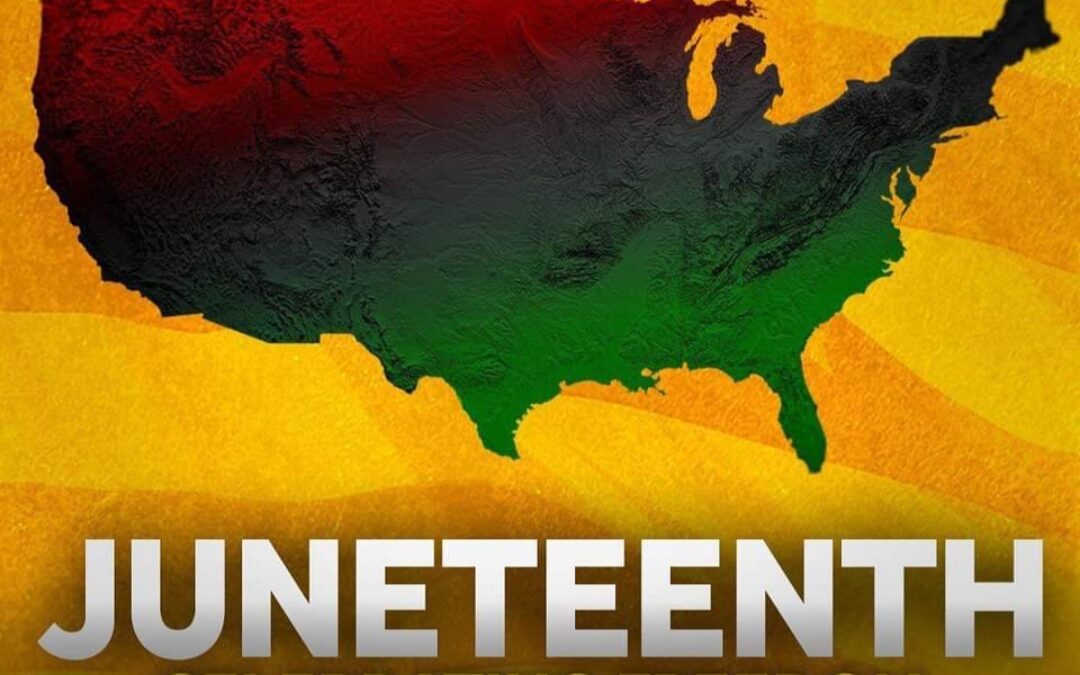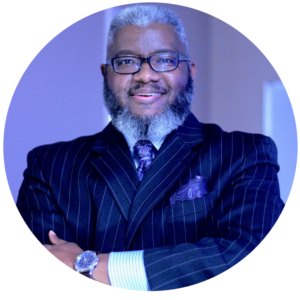I applaud the United States Congress and President Joe Biden for making Juneteenth a federally declared holiday. Similarly, I send appreciation to states for recognizing our nation’s original sin, slavery, and enacting symbolic gestures as a way of atoning for our past.
Our nation is complicated. Our founding federal and state constitutional documents are brilliantly written and aspirational. They call us to our highest and most noble virtues. They speak of freedom, faith, justice, opportunity, fairness, fellowship, among other things. However, while enjoyed by many Americans, many still struggle to grasp or keep the promises of those inspiring documents.
Our complicated history has caused Americans to establish norms, values, resource distribution channels, religion, education, political institutions, and social hierarchies to benefit others at the expense of others. The interactive nature of these things ebbs and flows throughout history, disproportionately favoring some at the expense of others. These same influences are shaped and influenced by war, religious revival, protest movements, economic realities, pandemics, to name a few.
As our nation and states grappled with COVID-19 during the initial months, we saw that complex history reveal itself. First, it revealed itself as the poor and most vulnerable got sick and died disproportionately. Then, when the discussion raged between individual choices, genetic predispositions, structural racism, poverty, and limited access to health care, we saw it. Additionally, history revealed itself through clinical research challenges, vaccine distribution problems, vaccine hesitancy, and trust issues.
What do we do at this critical moment in our nation? How do we make good on the promises contained within those idyllic constitutional documents that are preserved within our federal and state legislatures?
I believe health care can be that unifying glue that brings our nation’s complexity together. We all get sick. We all want to be cared for when we become ill. And we are all going to die. A person’s race, ethnicity, education, money, where they live, their political affiliation, or faith tradition they believe in or don’t believe in cannot save them from these inevitabilities.
The solutions are found within the problem, our complexity. First, however, we must be honest. In doing so, we must insist on opportunities for all with partialities shown to none. Next, we must seek justice, freedom, equity, seek to adopt new knowledge and beliefs, and develop compassion for those sick and hurting in our nation. These are the same aspirations found in our founding documents. Finally, we need to summon the courage as a nation to be what we say.
God has given us all we need to do what is required. The question is, will we? Will we continue to be entangled in the complexity of our own making? Will we continue to allow untold millions to die prematurely and live beneath the rights and privileges enshrined in our nation’s and state’s most sacred documents? Or will we humble ourselves to God and then find grace, mercy, and favor in the land?
Dr. Monteic A. Sizer


